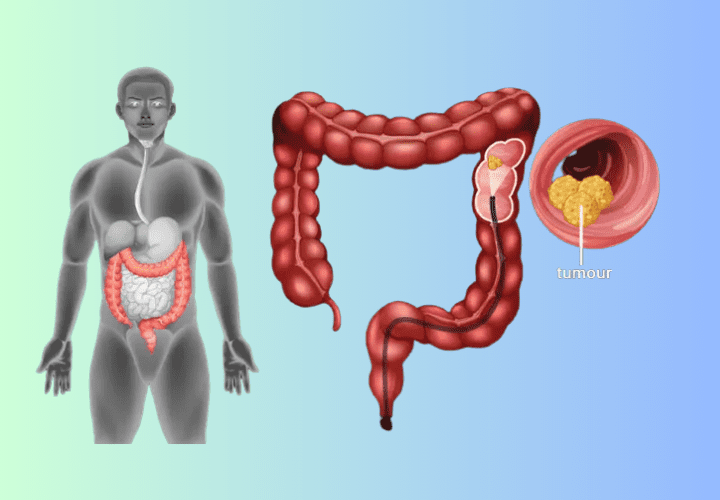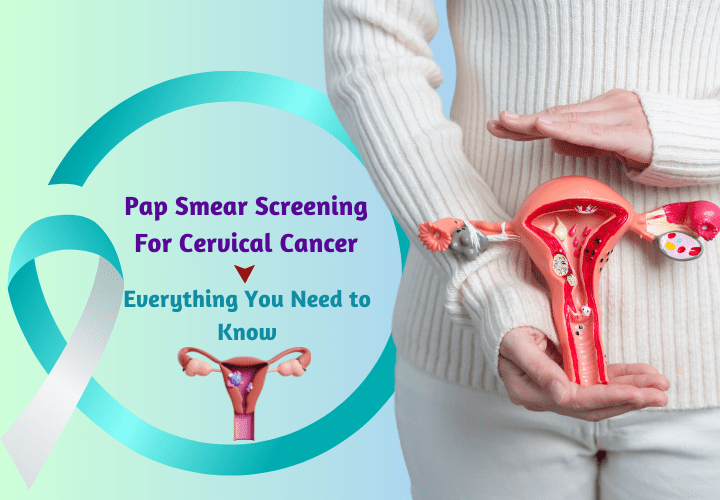Six Ways to Lower Your Risk for Colorectal Cancer

Six Ways to Lower Your Risk for Colorectal Cancer
- onco
- September 5, 2023
One of the most common types of cancer worldwide is colorectal cancer, sometimes known as colon cancer. Even though the precise reason isn’t always known, there are various risk factors that we can manage. The colon or rectum are common sites. Maintaining your general health requires being proactive in reducing your risk for colorectal cancer. If you or your loved ones also have colorectal cancer and want to consult with the finest doctors, then you should consult with Oncoplus. As our specialists provide the finest colorectal cancer treatment in Delhi, India. So here we’ll look at six practical strategies to lower your risk and safeguard yourself from this potentially fatal illness in this blog.
Six practical strategies to reduce your risk:
- Embrace a Balanced Diet:
Your diet is one of the most essential factors raising your risk of colorectal cancer. You may dramatically lower your risk by eating a diet high in fruits, vegetables, and whole grains and avoiding processed foods, red meat, and saturated fats. These food options can support healthy weight maintenance and encourage regular bowel movements, both of which are essential for preventing colorectal cancer. The vitamins, minerals, and antioxidants found in fruits and vegetables can help shield the cells lining your colon and rectum against deterioration that might cause cancer. Whole grains, beans, and lentils are examples of fibre-rich meals that can help with digestion and reduce constipation, which shortens the time hazardous compounds are in contact with your intestinal walls.
Read More : How Your Dietary Habit Influence Cancer Disease
- Stay Physically Active:
Another crucial component of preventing colorectal cancer is regular physical activity. Maintaining a healthy weight and reducing inflammation in the body, which is connected to the emergence of cancer, are made possible by engaging in moderate to intense exercise for at least 150 minutes every week. Additionally, exercise encourages regular bowel movements and improves immune system performance, which enables your body to identify and get rid of potentially hazardous cells more quickly. It’s essential to incorporate an exercise you enjoy into your routine, whether it’s jogging, swimming, dancing, or even gardening.
Read More: Physical Activity And Cancer Risk
- Maintain a Healthy Weight:
Obesity and being overweight are known risk factors for colorectal cancer. Extra body fat, especially in the abdomen, can lead to hormonal changes and inflammation that raise the risk of developing cancer. Any weight loss, no matter how minor, can significantly reduce your risk. To reach and maintain a healthy weight, make an effort to eat a balanced diet and to exercise frequently. A certified dietician or healthcare expert can offer you individualised advice and support as you embark on your weight loss journey.
- Limit Alcohol and Quit Smoking:
Smoking and alcohol use are both significantly linked to a higher risk of colorectal cancer. It’s recommended to either limit or altogether avoid drinking in order to reduce your risk. If you do decide to drink, limit yourself to modest amounts up to one drink for women and two for men every day. On the other hand, smoking not only increases your chance of colorectal cancer but also contributes significantly too many other cancers and chronic illnesses. One of the most effective actions you can take to improve your general health and prevent cancer is to stop smoking. To help you permanently break the habit, look for assistance and resources.
- Receive regular screenings:
The key to successful treatment and survival for colorectal cancer is early identification. Regular screenings, such as colonoscopies, can find cancer or precancerous polyps when they are still treatable and curable in their early stages. It’s important to discuss your screening choices with your healthcare provider because screening recommendations change depending on your age, family history, and other risk factors. In general, people at average risk should start getting screened around 45 or sooner if they have certain risk factors. As early detection could save your life, don’t put off scheduling a screening.
- Understand your family’s past:
It has been observed that colon cancer tends to run in families. Your risk may be higher if the disease runs in your family. Knowing your family’s medical history and sharing it with your doctor are both very important. They are better equipped to determine your risk and suggest the proper screenings and preventive steps.
In determination, a proactive method to safeguard your health and improve your chances of living a long and cancer-free life is taking measures to reduce your risk for colorectal cancer. You may dramatically lower your risk of contracting this potentially fatal disease by adopting a balanced diet, becoming physically active, maintaining a healthy weight, limiting alcohol use, stopping smoking, receiving routine screenings, and understanding your family history. Remember that early detection and prevention are effective weapons in the fight against colorectal cancer; as such, include these behaviours in your daily routine and urge your loved ones to do the same. The work is worthwhile for your health and well-being.
Recent Posts
-
Pap Smear Screening for Cervical Cancer: Everything You Need to Know
February 26, 2025
-
How Air Pollution Increases the Risk of Lung Cancer: A Growing Concern
February 18, 2025





Leave a Reply